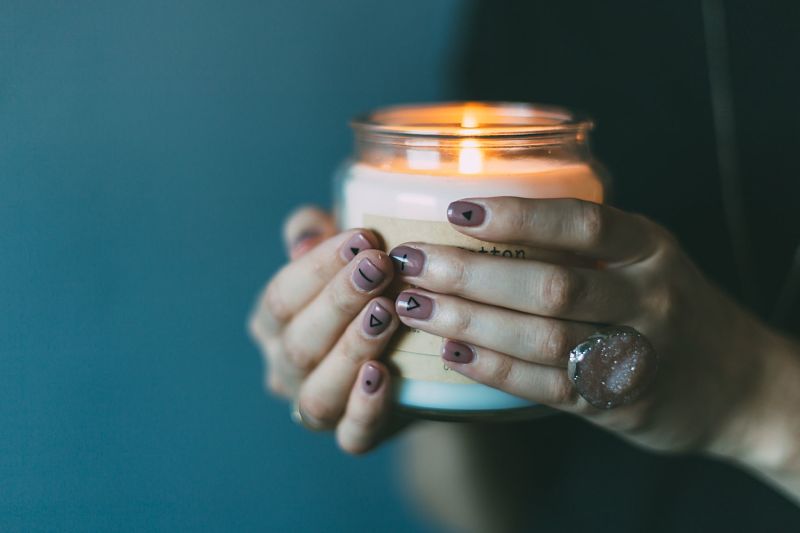
Planning a funeral can be an expensive and stressful experience at a time when you may be grieving for the loss of a loved one.
Whether the person has left a list of their requirements, or you have to make arrangements based on what you think they would have wanted, organising a funeral does not have to be difficult. Keep reading for our comprehensive guide to the key issues you need to consider.
Consider the costs
Your first step is to consider how you will pay for the funeral. Does the deceased person have life insurance or savings? Is there a funeral plan, such as our Over 50s Life Insurance plan, in place?
The National Funeral Cost Index 2016, produced in association with the Institute of Cemetery and Crematorium Management, says that the average cost of a basic burial is £4,136 and of a cremation is £3,214.
These figures vary across the country, and include services of a funeral director and disbursements but not discretionary costs.
Decide if you want to use a funeral director
Funeral directors offer a wide range of services that can help. These include:
- • Collecting, washing and embalming the body
- • Selling ancillary services, such as a coffin, flowers, headstone etc.
- • Making arrangements for burial or cremation, including paperwork
- • Arranging delivery of flowers
- • Taking the coffin to the funeral, engaging pallbearers and taking the chief mourners to the service.
Funerals are individual events and a funeral director will discuss your requirements to ensure you get the services that you need.
They will talk you through the local burial and cremation options and will have a knowledge of current availability of bookings at the local crematorium.
If friends or family members are willing to carry out tasks a funeral director undertakes such as completing paperwork, making arrangements with the cemetery or crematorium, and sourcing, purchasing and transporting the coffin, you can save some money.
Choose a venue and who will lead the service
Funerals can be led by anyone you choose. It doesn’t have to be a religious minister or a funeral celebrant, as a family member or friend can lead the service.
Services are often held in multi-denominational crematoria chapels, or places of worship. You may prefer another venue such as a woodland burial site or community space that better reflects the wishes and/or personality of the deceased person.
If you do choose a religious funeral, then there may be fixed guidelines for the order of service. However, many religions are flexible about what can be included in a funeral service.
Personalise the service
A funeral is frequently a celebration of someone’s life. So, it’s possible to personalise the service to reflect the personality of the person who has passed away.
You can choose:
• Music – pieces of music that the deceased person likes are often a key part of the service. You can make a playlist, or an organist or choir can perform your chosen pieces. Music is often played at the beginning and end of the service, and you can also play songs or hymns during the service with people encouraged to join in.
• Hymns – if it is a Christian funeral then hymns will often be sung by the congregation. You can also use a hymn in a non-religious service if you wish.
• Readings and poems – these are chosen for the meaning associated with the person who has passed away. Friends and family members can share their own words, passages from literature or song lyrics. At a religious service, readings may come from religious scripture.
Decide who is going to speak
While the person leading the service will often say a few words about the person who has died, other close friends and family can speak.
The style of a eulogy will depend on the person who has died and the person giving the speech. It can be sombre, or a humorous celebration of the person’s life.
While a religious minister or celebrant will address mourners with words about them, personal eulogies are also usually written and given by a close friend or family member. Services often include multiple eulogies if time permits.
Arrange a wake
After the funeral service, most ceremonies conclude with a reception or wake. This may take place immediately following a cremation, or after close family and friends attend a graveside committal.
Funeral reception venues can vary from your home to a hotel or community centre. You can organise the event yourself, or your funeral director can help arrange a location, flowers and catering.


